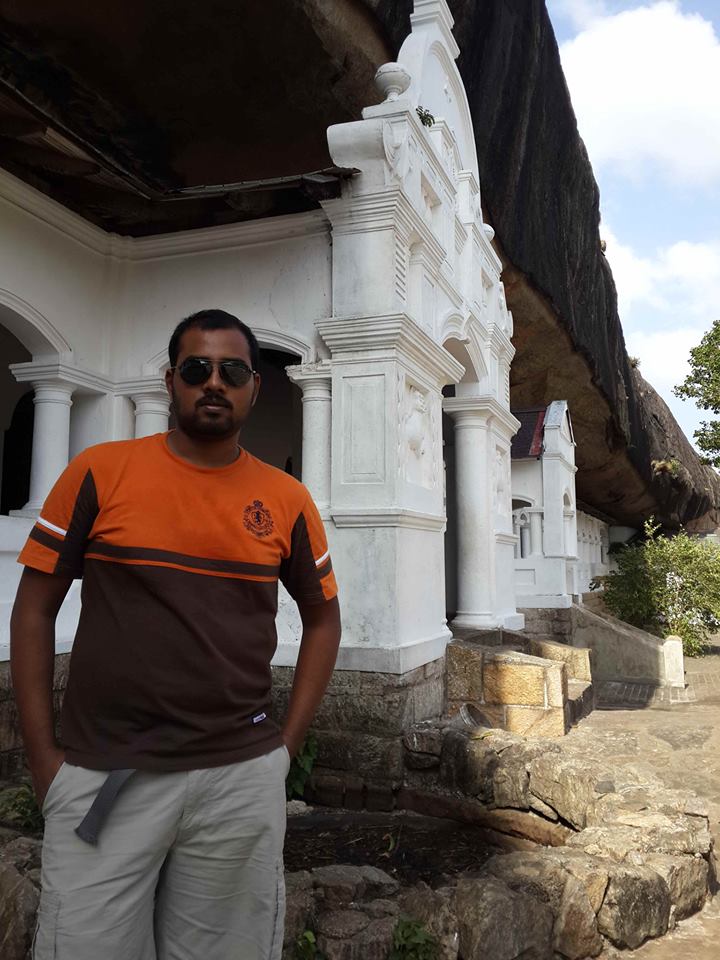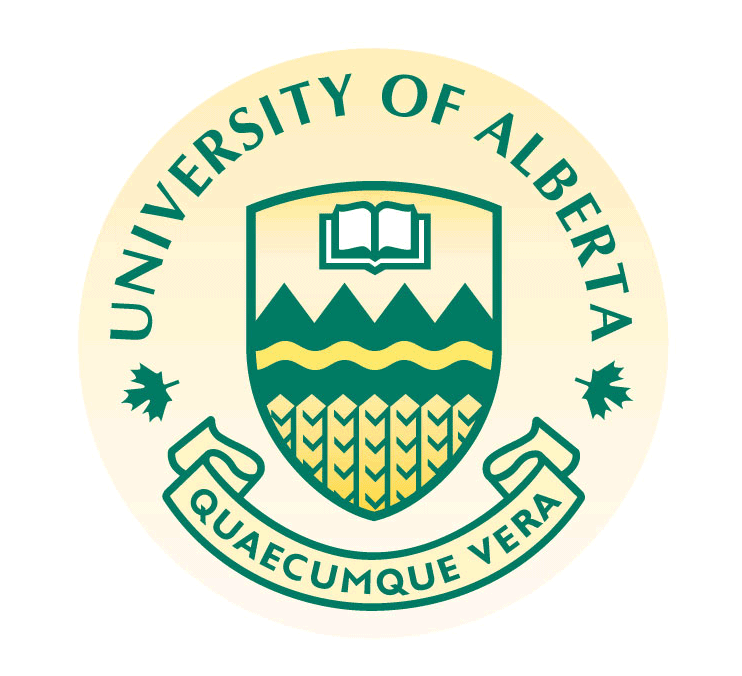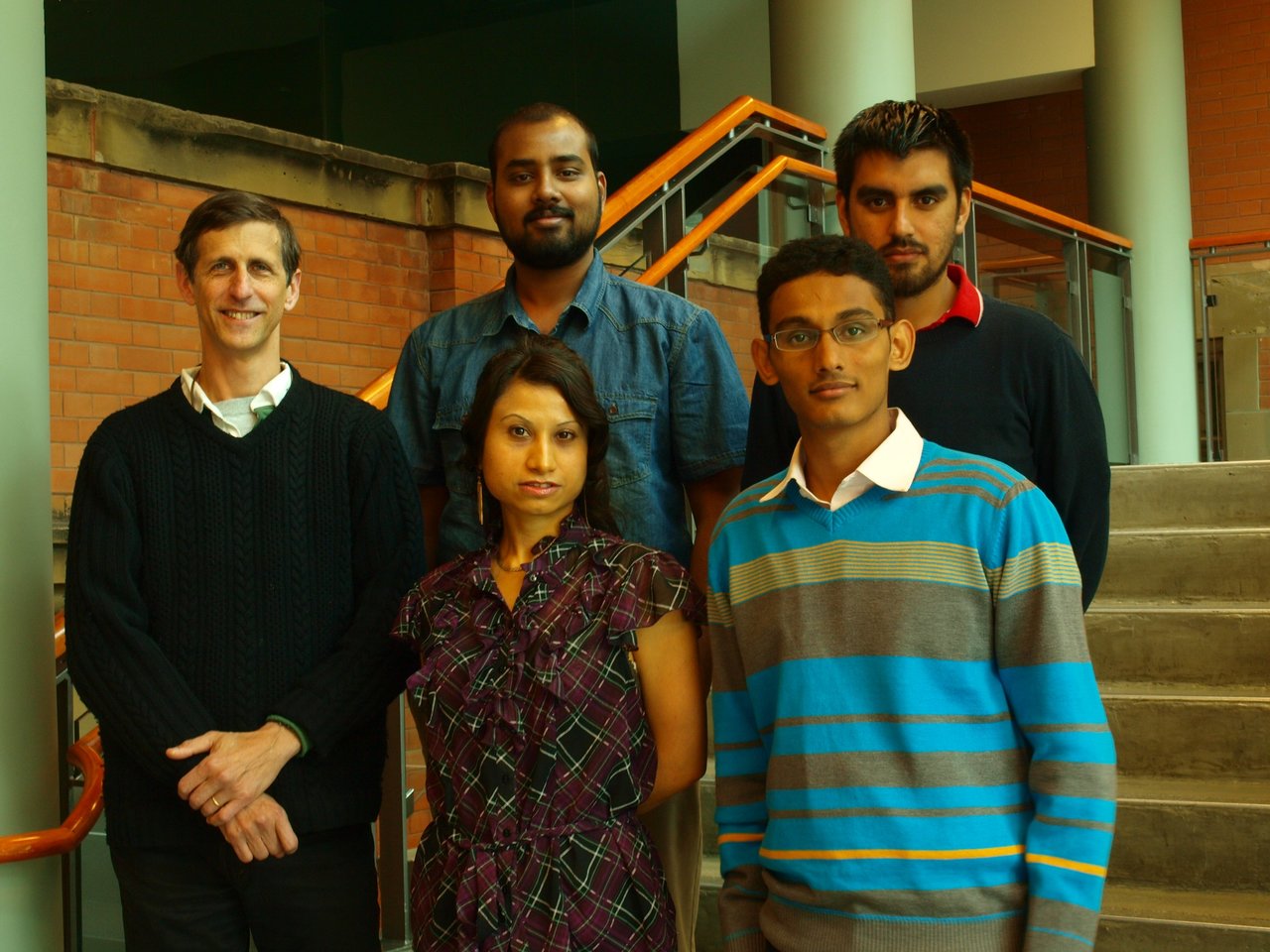
Department of Computing Science
University of Alberta
Edmonton, Canada
lkumar at ualberta dot ca
Google Scholar
About Me
Research Interests
My research interests broadly span in machine learning applications. Especially in interdisciplinary research in the areas of computational biology, medicine and quantitative finance.
During my masters we worked on survival prediction techniques for high dimensional data such as microarrays. We investigated techniques to improve survival prediction by incorporating cancer heterogeneity identifiers, using topic models such as Latent Dirichlet Allocation (LDA) . We found our new topic model adaptation to derive expressive features improving survival prediction.
tags:
Machine Learning, Reinforcement Learning, Computational Biology, Survival Analysis, Topic Modeling, and Data Mining
Projects & Competitions
-
Survival Prediction using Microarray Data - A Topic Modeling Approach
Many survival (failure-time) prediction models have been proposed over the years; some based on standard statistical survival analysis techniques, and others based on classic regression algorithms. With the growing number of gene expression experiments being cataloged for analysis, we need to develop survival prediction models that can utilize such high dimensional data and also be interpretable. This study describes a way to learn survival prediction model that can accommodate such high dimensional data. We propose a novel approach based on topic modeling, called “discretized Latent Dirichlet Allocation (dLDA)”, that can derive interpretable and yet highly predictive covariates from the high dimensional microarray (gene expression) data. We our presented preliminary results at ICML 2016 Workshop on Computational Frameworks for Personalization. [Poster]
L Kumar, R Greiner. (2017) Breast cancer survival prediction using gene expression data - A topic modeling approach. In review at Bioinformatics .
-
Prostate Cancer DREAM Challenge
Dream 9.5: Prostate Cancer DREAM Challenge .
This challenge attempts to improve the prediction of survival and toxicity of docetaxel treatment in patients with metastatic castrate-resistant prostate cancer (mCRPC). Our team PC-LEARN , proposed novel a survival prediction model, Patient Specific Survival Prediction ( PSSP ) for this challenge data. We were one of the winners of the challenge and will be a part of the Nature Biotechnology challenge manuscript. Our team's efforts and the proposed models are summarized in the following Synapse page and this link leads to our rankings in the competition. Top Performancers
Modeling Software Energy Consumption
A system call is an interface between an application and the operating system and it provides insight into the utilization statistics of system’s resources by the application. In this work, we apply regression technics (linear and SVM) to model software energy consumption. We were successful in being able to predict energy consumption of software applications using historical system call profiles of multiple applications over numerous versions. Presented at Sixth International Green and Sustainable Computing Conference (IGSC), pp. 1-6. IEEE, 2015. [Paper]
Completed Courses
-
- Fall 2014 - Machine Learning by Professor Russell Greiner
- Fall 2014 - Density-Based Clustering and Outlier Detection by Professor Jörg Sander
- Winter 2015 - Probabilistic Graphical Models by Professor Russell Greiner
- Winter 2015 - Reinforcement Learning in Artificial Intelligence by Professor Patrick Pilarski
Teaching Experience
-
Member Collaborations Subcommittee (CRINA)
Cancer Research Institute of Northern Alberta (CRINA)
The Collaborations Subcommittee is responsible for developing and implementing a plan for facilitating research collaborations among trainees.
Last updated on 21-01-2017


